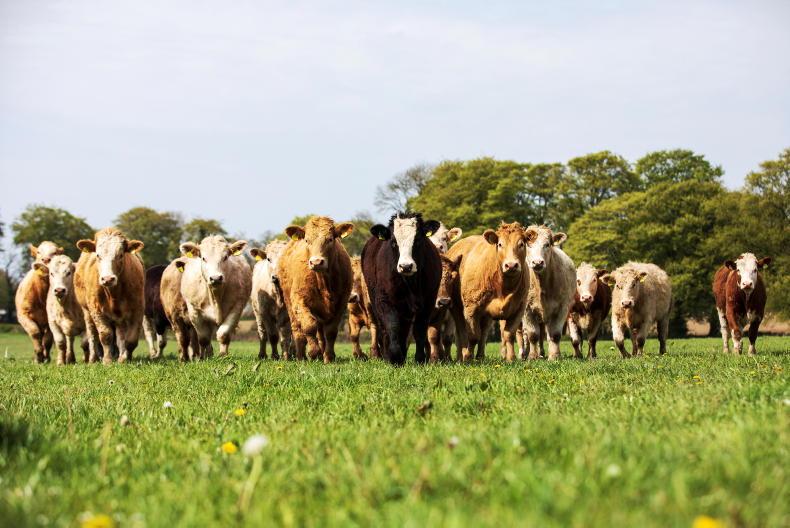With an open economy and aspirations to have worldwide access for our food exports, we have to tread carefully as we form our attitudes to international trade.
But that said, we have also to be aware of forces that can act to undermine us. Brexit forms part of it. Broadly, the UK continues to have free access to the EU for UK-produced food products, using UK produced raw materials.
So for example, the UK can export beef and lamb freely, but not flour if it is high protein imported wheat.
Part of the potential problem with this kind of arrangement is that as Britain does trade deals with major agricultural producers such as Australia and New Zealand, domestically produced British production can be displaced on the home market by cheaper imports and the British produced material can go onto the EU market, admittedly with some extra paperwork and border checks.
Under the Windsor Framework, it seems as if British food products will understandably be able to use the newly agreed Green Lane, provided of course they are for consumption in Northern Ireland.
Temptation
The temptation to re-establish trade from Britain to Ireland for live lambs for slaughter without the tedium of customs checks etc may well prove to be irresistible, but it will be interesting to see how well the new real time data collection process agreed under the Windsor Framework works in these circumstances.
We also see it in the long-discussed Mercusor trade deal with a group of South American countries that is winding its way through the political process.
Again, it seems likely that production conditions around both grains and meat products will be much less stringent than applies in the EU.
While the original EU proposal to reduce pesticide use by a crude 50% is being re-examined, Ireland would want to be particularly careful that we do not get boxed in to an agri-chemical regime that will, because of our climatic conditions, seriously erode our ability to produce grain: not to mention the EU willingness to import grain produced with GM technology while banning its use in Europe.
While our minister and department are there to participate in the formation of EU policy, part of their role has also to be to safeguard Irish farm interests.









SHARING OPTIONS